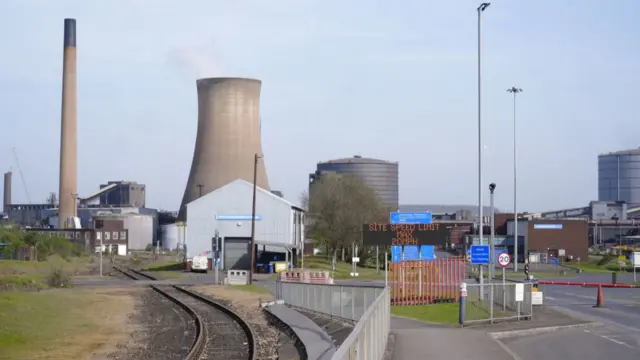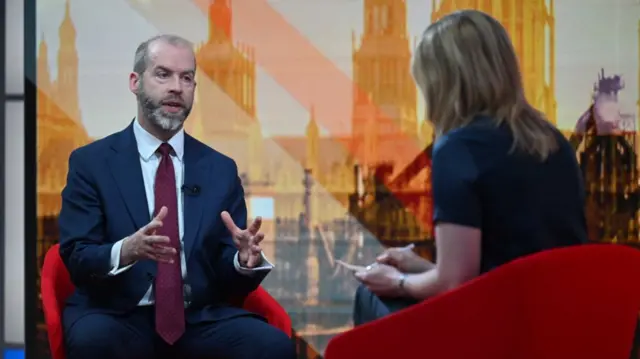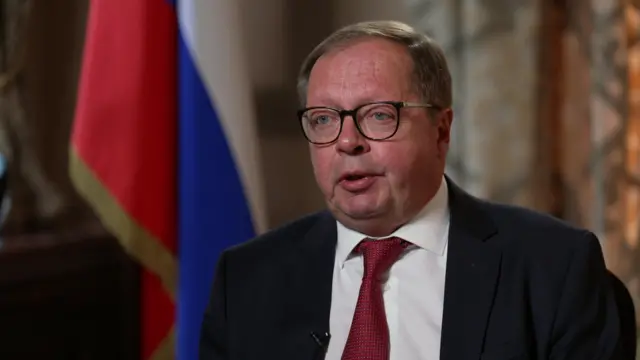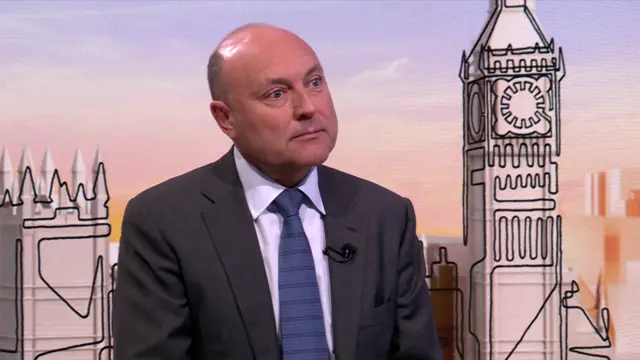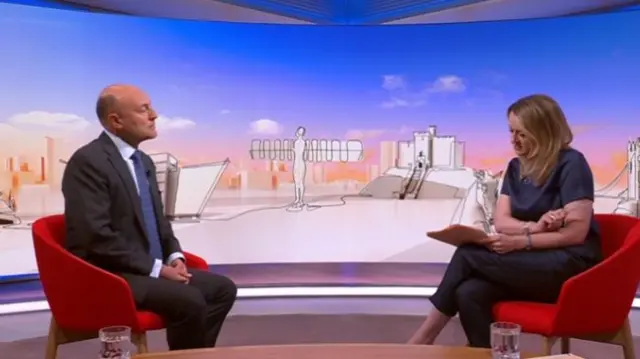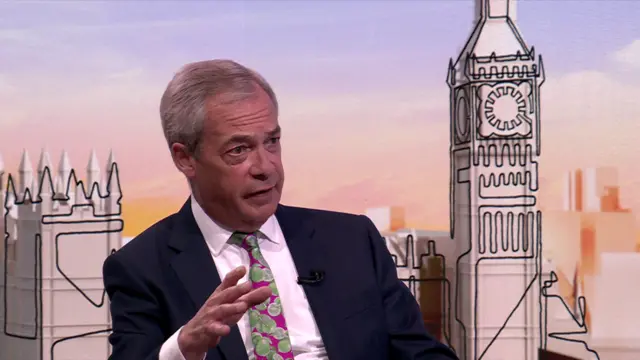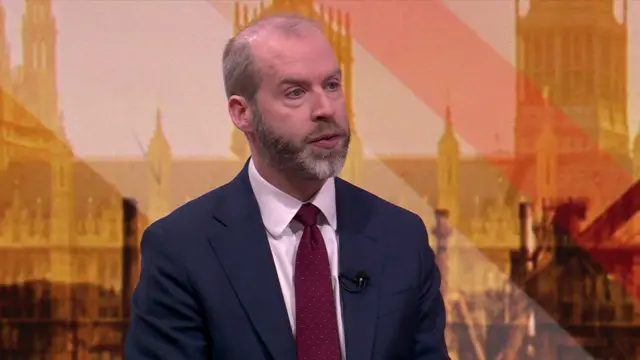Government left with major questions on British Steel's futurepublished at 11:00 British Summer Time 13 April
 Rachel Flynn
Rachel Flynn
Live reporter
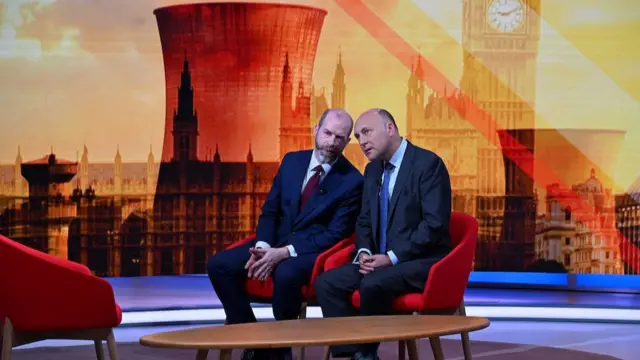 Image source, Reuters
Image source, ReutersIt's been a big weekend for British politics, and an even bigger one for Business Secretary Jonathan Reynolds.
But this morning proved that the fight to save British Steel is far from over.
Yesterday, Reynolds recalled Parliament to pass an emergency law to prevent the Chinese owners of British Steel, Jingye, from shutting down its two blast furnaces - which would have ended primary steel production in the UK.
Today, the business secretary refused to answer key questions.
He couldn't confirm whether the government could keep the Scunthorpe furnaces running. He also couldn't put a number on the cost to the taxpayer if the plant was put under public control.
Here's what else we heard on today's show:
- Andrew Griffith, shadow business secretary, said letting the Chinese company take over British Steel was the only deal on the table
- Nigel Farage, leader of Reform UK, backed nationalisation as he challenged Jingye's daily losses figures
- GMB union chief Gary Smith said people in Scunthorpe were “legitimately” worried about sabotage from the plant's owners
- Russian Ambassador to the UK Andrei Kelin didn't deny Russia was attempting to track British submarines. But he rejects the idea that doing so is a threat to the UK
We'll be closing this live page shortly, but for more, you can read political reporter Sam Francis's piece, external.
The page was edited by Rorey Bosotti and Neha Gohil. It was written by Asya Robbins, Jack Fenwick, Tinshui Yeung and myself.

